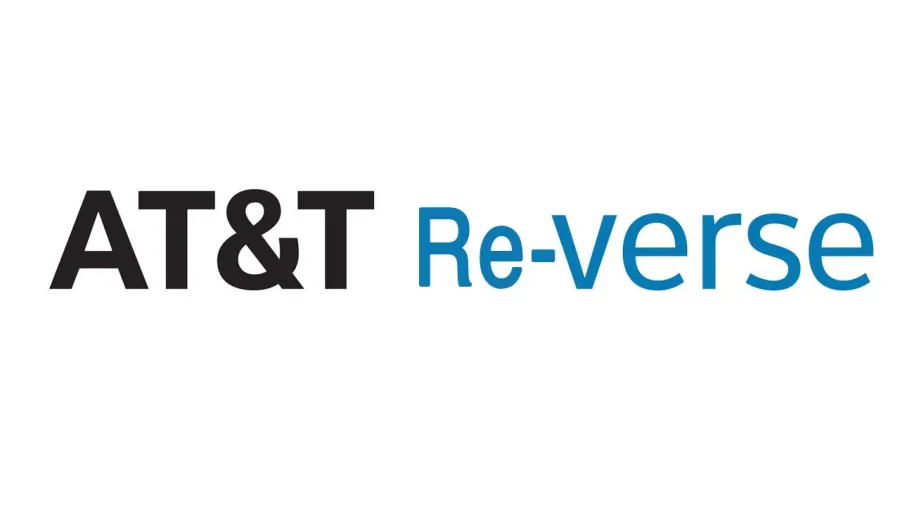Responding to possible Title II broadband rules, AT&T puts fiber build on hold

When President Obama recently waded into the FCC/net neutrality conflict, it had an immediate effect on at least one major company – AT&T.
Obama called for reclassification of broadband as a Title II service. Reaction from some businesses and congressional Republicans was strong and immediate, as they vowed to fight the idea.
AT&T CEO Randall Stephenson said in response that AT&T would cease building out its high-speed GigaPower U-verse service until the rules are codified and in place. Stephenson announced at a conference, “We can't go out and invest that kind of money deploying fiber to 100 cities not knowing under what rules those investments will be governed.”
This is a major turnaround. Just last April, AT&T said that it would build out GigaPower in some 100 cities, including LA, Chicago and Miami. And as Speed Matters has reported, AT&T has issued almost weekly announcements of deployment plans in specific cities.
Just prior to Stephenson’s announcement, Stock analyst Brian Nichols, writing in the investment newsletter Motley Fool, said that when it comes to wiring the U.S. for high-speed Internet broadband service, AT&T is way out ahead of challenger Google. Moreover, AT&T presently has over some 12 million U-Verse fiber/copper high-speed users. Google has nowhere near that number.
The crucial point is that AT&T has had much more capital available to lay fiber, said Nichols. “In 2013, Google spent $7.35 billion on capital investments, AT&T spent $21.2 billion, and therefore it's hard to imagine where Google can find those additional billions of dollars annually to reach 50 million households faster than AT&T.”
However, according to Reuters, AT&T quickly changed those figures. AT&T, already contending with its $48.5 billion bid for DirecTV, “... said on Friday that it would also pay $1.7 billion to acquire Mexican wireless operator Iusacell. It trimmed its 2015 capital spending outlook to $18 billion from $21 billion.”
This still leaves AT&T in a position to out-fiber Google – and probably anyone else – but only if it gets the rules it says it wants.
And as Speed Matters has emphasized, delayed fiber investment translates into fewer jobs, and leaves communities waiting longer for competitive alternatives for truly high-speed broadband.
AT&T to pause fiber spending on net neutrality uncertainty (Reuters, Nov. 12, 2014)
AT&T GigaPower vs. Google Fiber: Why AT&T Will Win the High-Speed Broadband Race (Motley Fool, Nov. 9, 2014)
CWA members oppose AT&T’s attempts to stop serving rural and low-income communities in California
CWA urges FCC to deny industry attempts to loosen pole attachment standards
CWA District 6 reaches agreement with AT&T Mobility



